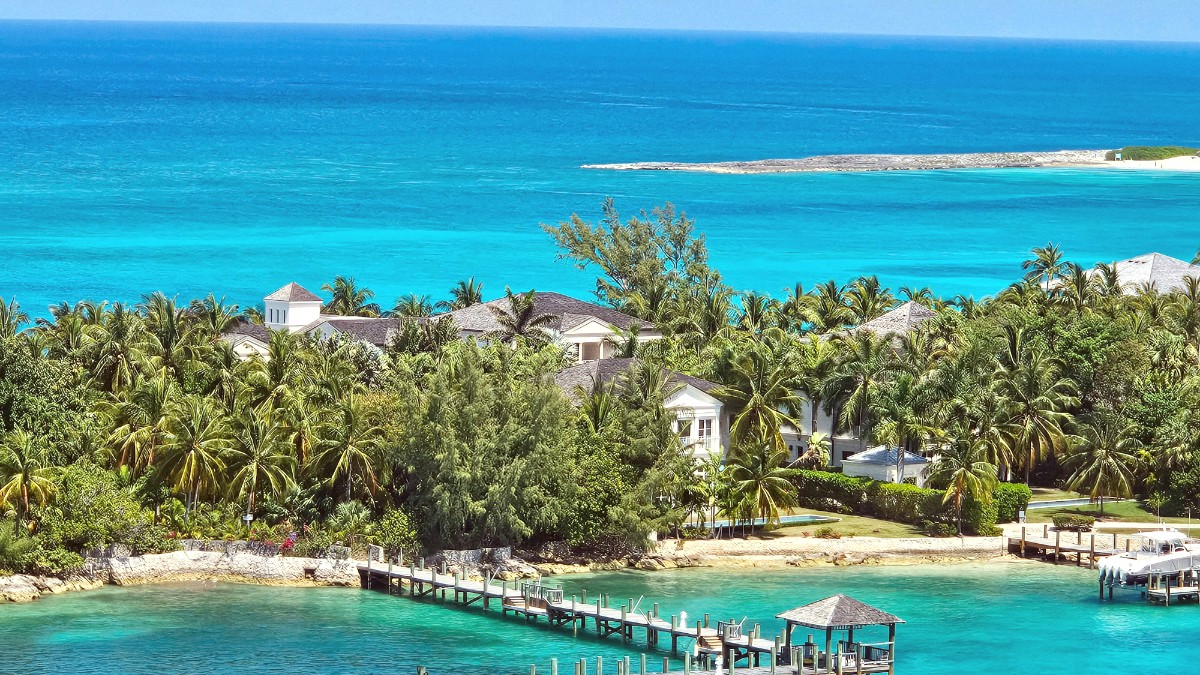
New Providence, The Bahamas
Support initiatives working to protect Bahamian biodiversity.
Reduce your environmental footprint by minimizing waste and water usage.
Opt for accommodations and tours that champion sustainable practices.
Discover the organizations and methods dedicated to safeguarding The Bahamas' natural heritage.
organizations driving environmental preservation.
Ways travelers can reduce their environmental impact.
Choose options that align with eco-friendly principles.
Offset your travel and equip yourself responsibly.
Landfills are the main disposal method; recycling infrastructure has limitations.
The Bahamas depends on energy-intensive desalination for fresh water.
Choose consciously.
Engage respectfully with Bahamian culture and people for a meaningful travel experience.
Initiatives dedicated to maintaining Bahamian cultural identity.
Guidelines for polite and positive exchanges with locals.
Consider privacy and consent when capturing images.
Show reverence when visiting sacred spaces.
Support local businesses and understand ethical practices.
Support local guesthouses and family-run restaurants like at Fish Fry.
Seek out 'Bahamian made' products and directly from artisans.
Choose reputable animal encounters; illegal drug use carries severe penalties.
Your choices as a traveler contribute positively to Bahamian communities.
Dine at local restaurants and food stalls like Fish Fry or Potter's Cay Dock.
Purchase souvenirs directly from local artisans at the Straw Market or craft shops.
Utilize local taxi drivers and jitneys for your transportation needs.
Your spending directly funds Bahamian families and local businesses.
Local tourism fosters job creation and economic growth.
Engaging locally creates more genuine and memorable travel moments.